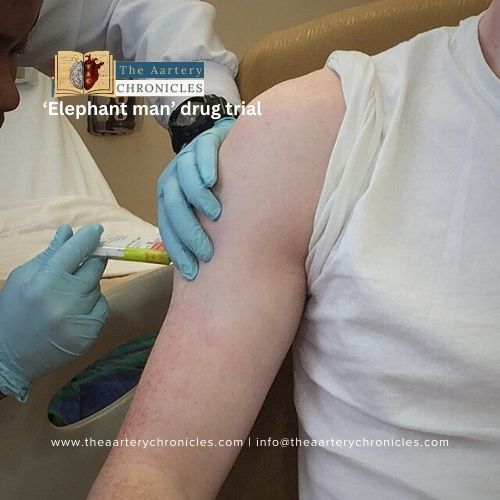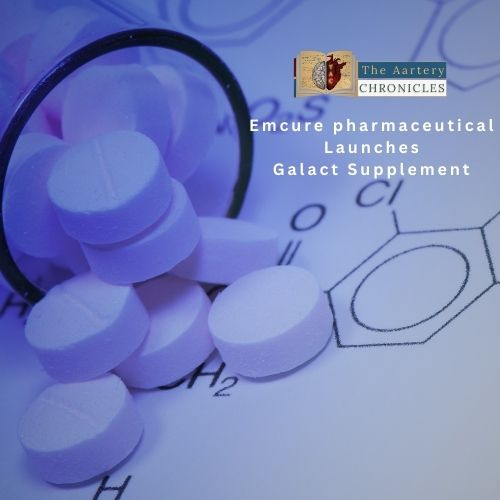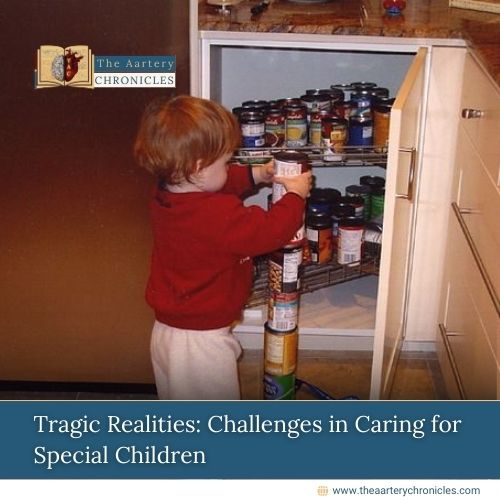

Fungal Infections Rise, But Medicines Are Running Out
During the COVID-19 pandemic, many families faced heartbreaking challenges when a dangerous fungal infection known as mucormycosis spread among patients. In several cases, the medicines needed to treat the condition were not available on time, leading to severe complications and even death.
Although the pandemic has eased, the difficulty in treating fungal infections continues. Doctors report that the availability of antifungal medicines remains limited, and existing drugs are becoming less effective due to growing resistance.
WHO Raises Alarm on Drug Shortage and Resistance
In a recent report, the World Health Organization (WHO) issued a strong warning about the urgent need to expand the range of antifungal medications. If not addressed soon, the shortage could escalate into a serious public health issue.
According to Dr. Yukiko Nakatani, WHO Assistant Director-General for Antimicrobial Resistance (interim), “Invasive fungal infections put the most vulnerable patients at risk, yet many countries do not have the necessary treatments to save lives.”
Lack of Testing Worsens the Problem
In addition to the limited number of antifungal drugs, there is a major gap in fungal testing facilities—especially in low- and middle-income countries. Even district-level hospitals often lack proper diagnostic tools. As a result, many infections go undiagnosed or misdiagnosed, making it difficult for doctors to provide the correct treatment.
Doctors Still Struggling on the Front Lines
Dr. Rajesh Chawla, a critical care specialist at Indraprastha Apollo Hospital in Delhi, stated that patients with severe fungal infections are still being admitted regularly. He explained that managing these infections is becoming increasingly challenging, as many of the fungal strains no longer respond to the medications commonly used for treatment.
Conclusion
WHO’s report highlights a growing but often overlooked health concern. Without swift investment in new antifungal drugs, better testing facilities, and awareness, many lives especially those of vulnerable patients could be at risk.
The healthcare community and governments around the world must act quickly to prevent a repeat of past tragedies and strengthen the fight against fungal infections.
Source: Inputs from various media Sources

Priya Bairagi
Reviewed by Dr Aarti Nehra (MBBS, MMST)
I’m a pharmacist with a strong background in health sciences. I hold a BSc from Delhi University and a pharmacy degree from PDM University. I write articles and daily health news while interviewing doctors to bring you the latest insights. In my free time, you’ll find me at the gym or lost in a sci-fi novel.








